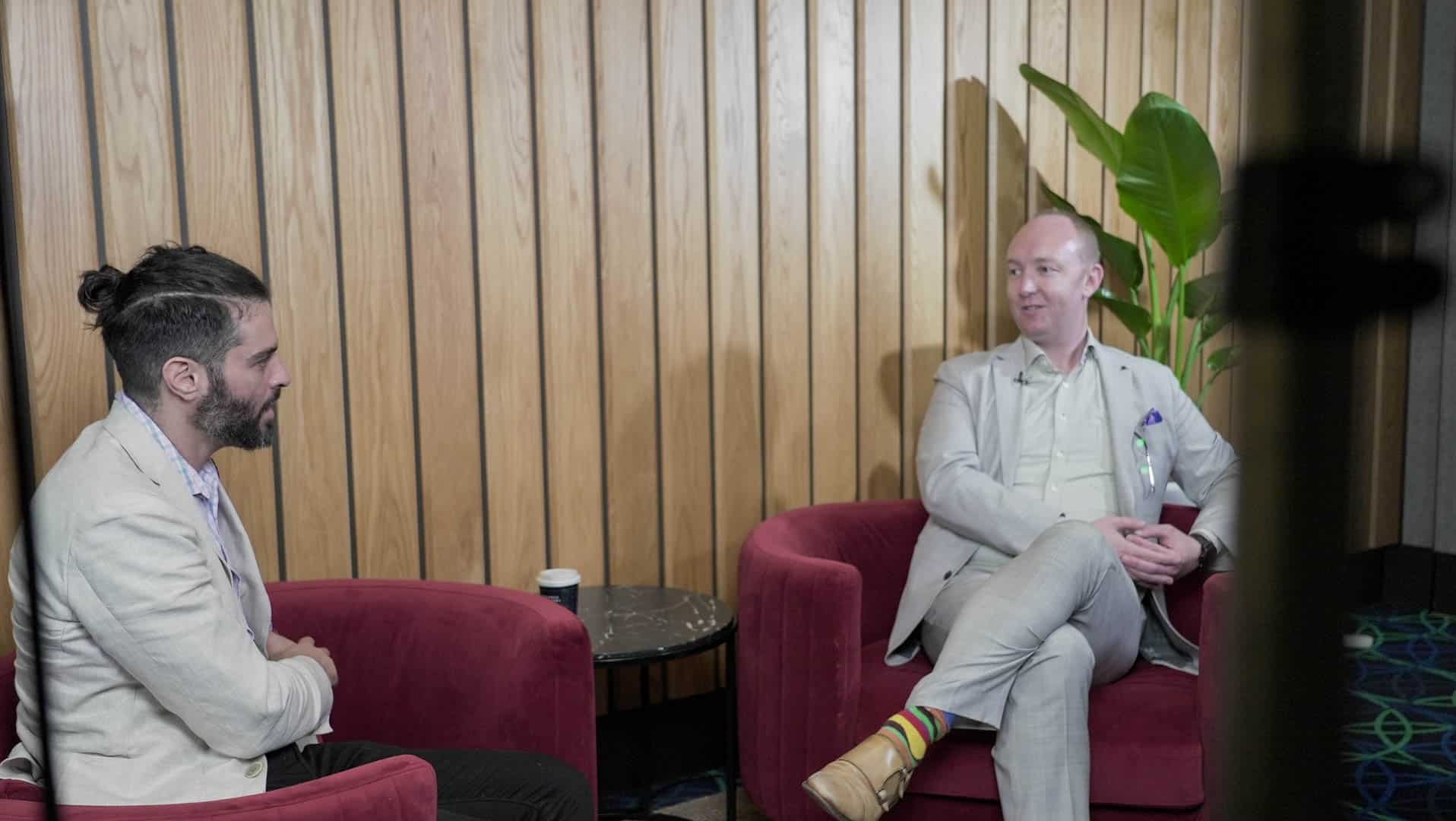How to Lead Data Excellence: Culture, Compliance and Connectivity
The panel emphasises sharing existing data and reusing it instead of rebuilding it, while also being open to corrections and collaboration. Mixed teams with diverse experiences are crucial for challenging and validating the narratives emerging from the data.Data strategies can be temporary due to the rapid evolution of the industry, the need for responsiveness to various events and disasters, and the impact of turnover, such as elections.
Therefore, developing a flexible and compartmentalised strategy with shorter-term targets is recommended.
The panel, led by Peter Hind Principal Research Analyst at ADAPT, discusses the importance of democratising data, which involves not only using data but also encouraging everyone to contribute to it. Defining and operationalising data sharing requires clear governing principles and frameworks.
David Lamond, Director Strategic Analytics, Insight and Research at Scentre Group, emphasises the importance of starting with a business story to create value for the organisation. He advises focusing on outcomes, systems, models, and transformations before considering the necessary data, resulting in a curated set of data rather than a chaotic collection.
Kristi Mansfield, Founder at Seer Data & Analytics, sees data analysts as storytellers and emphasises the democratisation of data, making it accessible for decision-making in communities. Kristi highlights the power of data storytelling and explores how data analysis can answer remarkable questions.
According to Kash Soma, Director, Agile Data at Optus, engineering frameworks, unified data models, and visualisation standards should be shared across the organisation. Andrew Spiegelman – Head of Data & Analytics at Service NSW, discusses measuring success in terms of increasing the number of user-friendly products and receiving positive customer feedback, aiming for greater engagement with the organisation’s services.
The panel emphasises sharing existing data and reusing it instead of rebuilding it, while also being open to corrections and collaboration. Mixed teams with diverse experiences are crucial for challenging and validating the narratives emerging from the data.
Key Takeaways:
- There is a dual nature to data. On the one hand, it can enable the strategy you have. In the future, it can also inspire a more effective strategy and approach
- If you cannot measure it, why do it? Because you won’t know its impact.
- Creating a trusted data environment means understanding and trusting that sharing data in a safe environment will provide all parties with additional value.
































